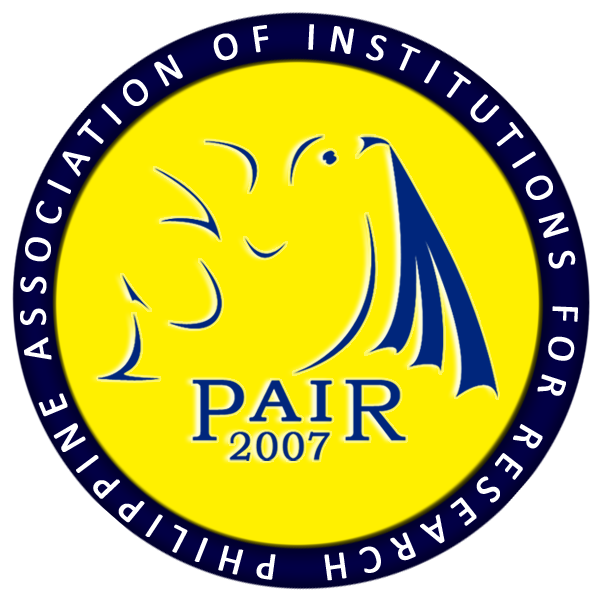Conquering the Stormy Seas of Pandemic: Appropriateness and Effectiveness of a Quasi-Military Institution’s Covid-19 Response
DOI:
https://doi.org/10.7719/jpair.v45i1.754Keywords:
Social Science, COVID-19, response, appropriateness, effectiveness, maritime quasi-military, quantitative-descriptive, Zambales, PhilippinesAbstract
The global health crisis brought about by the COVID-19 has disrupted and negatively affected even the education sector. Strict measures and plans to curb the spread of the virus were implemented nationwide, but a sudden surge of COVID-19 positive cases at the Philippine Merchant Marine Academy was experienced. Thus, this research generally aimed to discover how PMMA responded to the surge in terms of effectivity and appropriateness. This quantitative-descriptive research used a bilingual researcher-made survey questionnaire. Through the descriptive analysis of the data gathered, the study found out that the measures implemented (e.g., adequate meals for the stay-in respondents, consultation with relevant personnel, ensuring strict compliance with health and safety protocols.) were generally highly appropriate and highly effective. Even so, some practices must be corrected to ensure the safety of cadets and employees, including strict implementation/compliance to health and safety protocols, guidelines on quarantine facilities, and allowing COVID-19 negative students to stay inside the Academy. Given these, to ensure resiliency to future and similar circumstances, it is recommended that cadets who were sent outside for important reasons must be quarantined, a permanent emergency management team be created, a work from the home scheme will be implemented, and vaccination of all employees and cadets will be worked on.
Downloads
References
Alfano, V., & Ercolano, S. (2020). The Efficacy of Lockdown against COVID-19: A Cross-Country Panel Analysis. Applied Health Economics and Health Policy, 18(4), 509–517. Retrieved from https://doi.org/10.1007/s40258020-00596-3
Downloads
Published
Issue
Section
License
Copyright (c) 2021 Victoria Q. Paraggua, Froilan D. Mobo, Ronalyn C. Acuavera, Leah R. Villavicencio, Sheena Lee R. Atejera, Geraldine C. Pasa

This work is licensed under a Creative Commons Attribution-NonCommercial 4.0 International License.
Open Access. This article published by JPAIR Multidisciplinary Research is licensed under a Creative Commons Attribution-Noncommercial 4.0 International (CC BY-NC 4.0). You are free to share (copy and redistribute the material in any medium or format) and adapt (remix, transform, and build upon the material). Under the following terms, you must give appropriate credit, provide a link to the license, and indicate if changes were made. You may do so in any reasonable manner, but not in any way that suggests the licensor endorses you or your use. You may not use the material for commercial purposes.




















